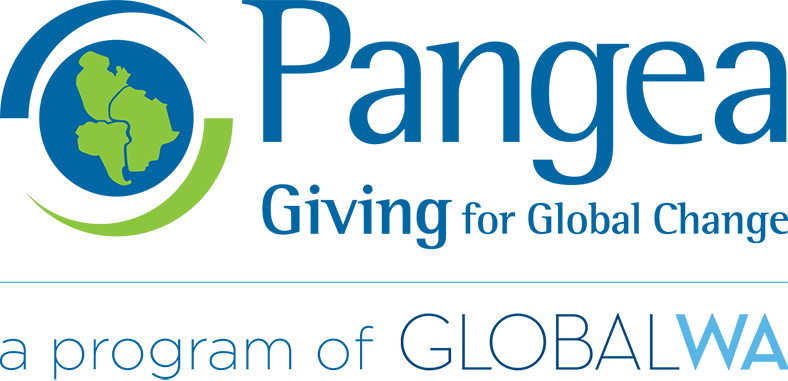Diving in Head First: Oaxaca Site Visits 2016
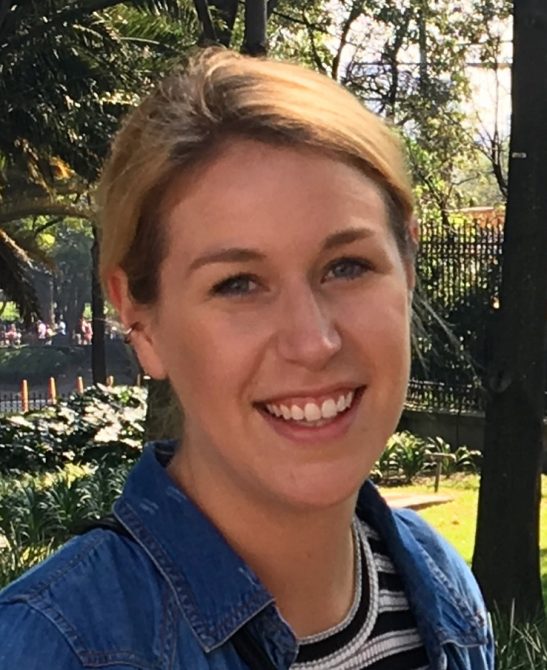
As a new member, I assumed I would hang back and observe on my first site visit with Pangea Giving. However, it was clear from the planning meeting that I would not spend this trip on the sidelines. As we discussed group roles, visit schedules and meeting goals, I was immediately included and treated as equal to the longtime Pangea members who had been visiting Oaxaca State in Mexico for many years. Not knowing what I was signing up for, I volunteered as “scribe”, got myself a fresh notebook, and packed my bags. ~Anne Sivley
Click here to view Oaxaca site visit photos
Arrival in Oaxaca State, Mexico
Only a short flight from the dense urban expanse of Mexico City, Oaxaca’s open valleys and farmland feel like a world away. Teacher protests had raged throughout the summer, blocking city streets and highways, punctuated by scenes of violence in the news. By October, things had calmed down considerably as most teachers returned to the classroom. While we all felt welcome and secure in Oaxaca, the protest still bubbled just below the surface. Graffiti exclaiming socialist messages decorated the streets, topped with a massive canvas banner covering a building. Clearly this public conversation was not over, and will likely resurface next summer.
From the time we arrived it was clear that the Oaxacan people were active, mobilized, and vocal. What I could not see on that first day was the deep complexity of the challenges facing our Oaxacan partners. Through personal accounts, lively conversations and moments of reflection, I started to piece together the complex reality of life in Oaxaca.
EDUCA – Context Setting Meeting
We began our visit with a crash-course on present-day Oaxaca with EDUCA. Their work includes defending the rights of indigenous communities through legal initiatives and strategic communication. We spent an intense morning sitting around a table with Lic. Marcos Leyva as he walked us through the current political, legal and social environment our site partners face. Our conversation filled page after page of my notebook as we learned about the traditional community land management system (ejido) and the laws of consulta previa. I came to understand that the legal structures currently in place did not prevent foreign companies or the government from exploiting indigenous land. Armed with the knowledge that Marcos patiently shared with us, I felt more prepared than ever to meet with our partners and understand the issues they face.
Diversidades
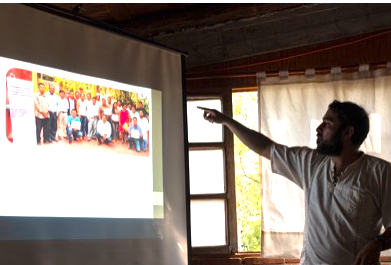
Ori explaining Diversidades work to our team
While in Oaxaca, we had the opportunity to start building a relationship with a potential future partner, Diversidades. As their leader Ori explained, Diversidades works with men in local communities to prevent domestic violence. Ori’s passion was contagious, switching into English whenever his enthusiasm got the best of him and he wanted to be sure we understood his point. After explaining their community-based approach, Ori highlighted the recent successes and impacts of their community-wide programs. He told us that, a year after completing the violence-prevention program, a local town held their annual festival and was happy to report that no one had died that year. For these grassroots organizations, success might not be measured by metrics or performance indicators, but by the direct human impact witnessed in their communities.
Flor y Canto
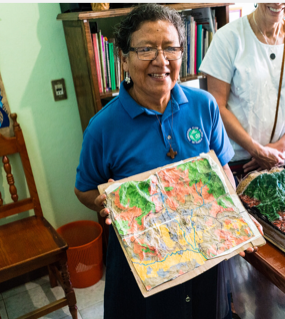
Carmen showing us location of river cleanup project
Our day with site partner Flor y Canto was simultaneously draining and energizing, as we absorbed the complex process of consulta previa and the raw emotion of the campesinos. When we arrived, we were met with warm smiles from leaders Carmen and Betty, who are as resilient as they are approachable. Their fight is all too familiar for those reading the current news in America: the defense of indigenous land and water rights against exploitation from powerful interests. After meeting the team and hearing an overview of their current work, we took off for the countryside. Riding in the car next to Betty, we laughed and shared stories of home, of the indescribable charm that entices visitors to make their stay in Oaxaca a permanent one. Carmen, a lay nun nearly a foot shorter than myself, climbed down from her bright red truck and was instantly in her element. Her enthusiasm was palpable as she outlined the details of an ongoing river cleanup project.
Next, we headed up to the traditional farming communities whose resource rights are in jeopardy. Carmen and Betty were met with reverence and respect everywhere we went. In San Felipe Apostol, we sat together with the community leaders. These tough men had the look of a long struggle on their faces. Clearly, things had not been easy here in recent year. Under Carmen’s guidance, the men quickly opened up and poured their hearts out to us, describing the precarious situation they face. Historically, community-managed wells have irrigated this community’s crops.
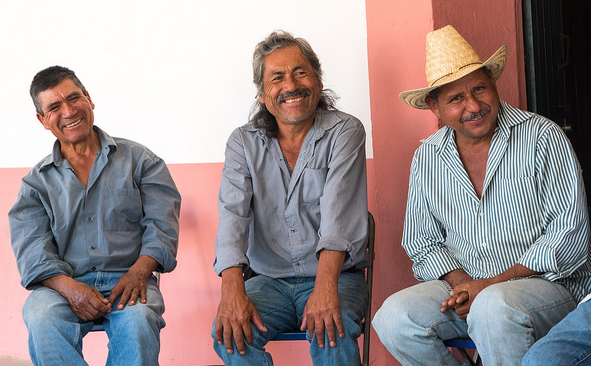
Leaders we met with from a farming community
However, the government is now taxing their water sources and requiring installation of government meters at their cost. Subsistence farming does not give these men the cash they need to pay any extra costs. If their crops fail, they would be left with nothing. There is no crop insurance as there is in the U.S. Water is the heart of their livelihood and, without it, these communities will not last. Most of the young men are migrating to the U.S. to find work and to send money back home to their families in these small towns. As exhausted as I felt after our intense day, Carmen’s sense of hope and her persistence against steep odds were energizing. Carmen’s tenacity can be an inspiration to all of us to fight for what we believe in.
GESMujer Joven
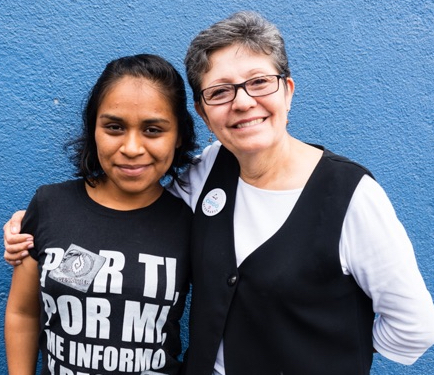
Maricela with the director of GesMujer
I thought I knew what a motivated young leader looked like, and then I met Maricela. In her mid-twenties, Maricela is a bi-lingual Chatina indigenous woman, with a good understanding of English. She came to the city of Oaxaca as a teenager to further her education. Wearing a T-Shirt emblazoned with images of contraceptives and the phrase “Por ti, por mi, me informo y decido (for you, for me, I get informed and decide)”, she proudly took us through the accomplishments of GES Mujer Joven. The youth project focuses on hosting public educational events in rural communities which promote women’s health, and reproductive and sexual rights. The events are organized by young women who participate in trainings in the city of Oaxaca. They return to their communities, armed with skills, knowledge, and support from GES Mujer to tackle complexsocial issues with creativity. Their well-attended community events include theater using role-playing, “mobile journalism contests, and games to make the point that young women have rights that need to be respected. One theme is prevention of violence in courtship. I was floored by the amount of courage these young women displayed by fighting for their rights in communities steeped in machismo. This organic, bottom-up approach filled me with hope for the future of these women who, having carried out educational events in three remote communities this year, hope to replicate them in five more communities in 2017.
Just a few weeks after returning from the site visit, my country elected Donald Trump as our next president. In the wake of the election, I felt devastated, hopeless and afraid. I expressed my fear and distress to my mother, a Pangea member who also participated in the site visit. She encouraged me to remember our partners in Oaxaca, to remember their strength and tenacity, to learn from their resolve in the face of adversity. Our site partners inspire me to fight for what is right and to never give up. ~Anne Sivley
To view photo album from 2016 Oaxaca site visits
